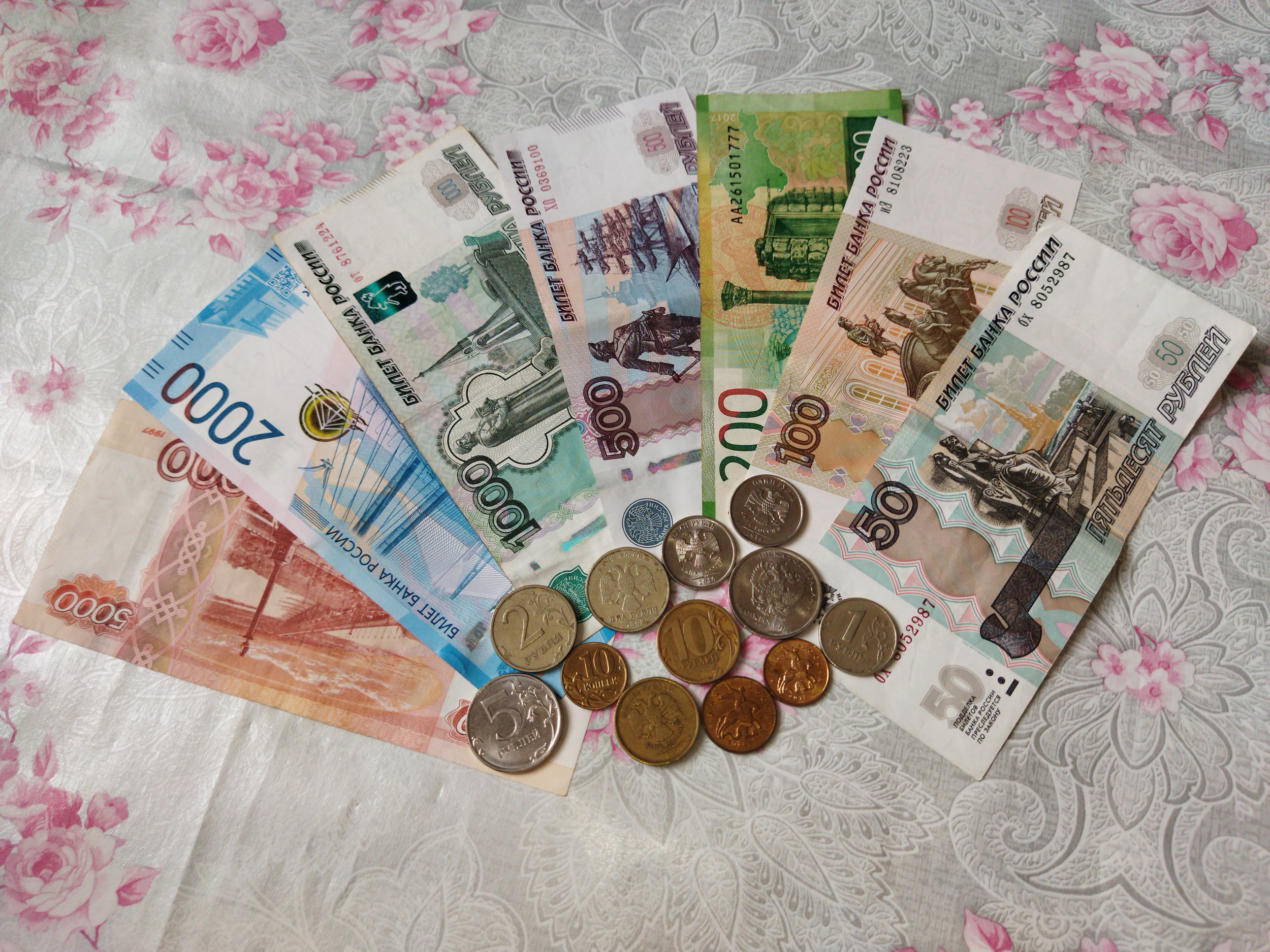IMF Threatens to Eliminate Funding in Somalia after National Election Delays
Somalia Finance Minister, Dr. Abdirahman Beileh meets with the IMF Managing Director, Kristalina Georgieva at the International Monetary Fund in Washington, D.C. (Flickr)
The International Monetary Fund (IMF) has threatened to halt their program in Somalia after a long-postponed national election. The IMF program supports funding for military wages and other essential services in Somalia and it is set to expire in May if there are any further delays to the presidential election. “That review of the IMF supportive program for Somalia needs to be completed by May 17, if it is not completed by that date the program automatically terminates,” declares Laura Jaramillo Mayor, the fund’s mission chief for the country.
If these funds are terminated, it would severely impact the country’s budget and threaten an agreement to reduce their debt from $5.2 billion in 2018 to $557 million, Mayor explained. Somali Finance Minister Abdirahman Beileh, however, dismissed those concerns, stating, "We are confident that elections will be concluded in time so as to not affect the reform program. There have been no major challenges in meeting the IMF conditions thus far, and we do not anticipate any.”
Somalia’s elections are over a year behind schedule and voting for the House of The People (lower house) was scheduled to be completed by February 25. These delays come as a result of feuds between the Somali Prime Minister Mohamed Hussein Roble and President Mohamed Abdullahi Mohamed, better known by his nickname Farmaajo. International leaders fear that their stalemate could erupt into violence and further destabilize the country as they continue to fight the armed terrorist group, al-Shabab.
The feud started when Farmaajo suspended Prime Minister Roble for suspected corruption. Farmaajo accused Roble of stealing land owned by the Somali National Army (SNA) and interfering with a defense ministry investigation. Elections in Somalia follow a complex indirect model, whereby state legislatures and clan delegates pick lawmakers for the national parliament, who in turn choose the president.
Officials have been working to strengthen government institutions and tax collection to foster economic growth in Somalia, which is currently one of the most impoverished countries in the world. It has struggled to recover from decades of civil war and interstate conflict. This year was particularly difficult for Somalis, with a severe drought affecting four million people, a quarter of its population, and forcing more than 550,000 to leave their homes in search of food and water. Amid these setbacks, Somalia depends on the economic support of the IMF for survival, but Somalia and the IMF have a complex history.
According to Professor Michel Chossudovsky, a Professor of Economics at the University of Ottawa, it was the IMF's intervention in the early 1980s that contributed to the Somali agricultural crisis. The economic reforms that the IMF put in place “undermined the fragile exchange relationship between the 'nomadic economy' and the 'sedentary economy,' that is, between pastoralists and small farmers, characterized by money transactions as well as traditional barter.” The IMF completely debilitated Somalia’s economy through their macroeconomic policies. Somalia represents an international trend in which Western institutions intervene and exacerbate current conflicts.







